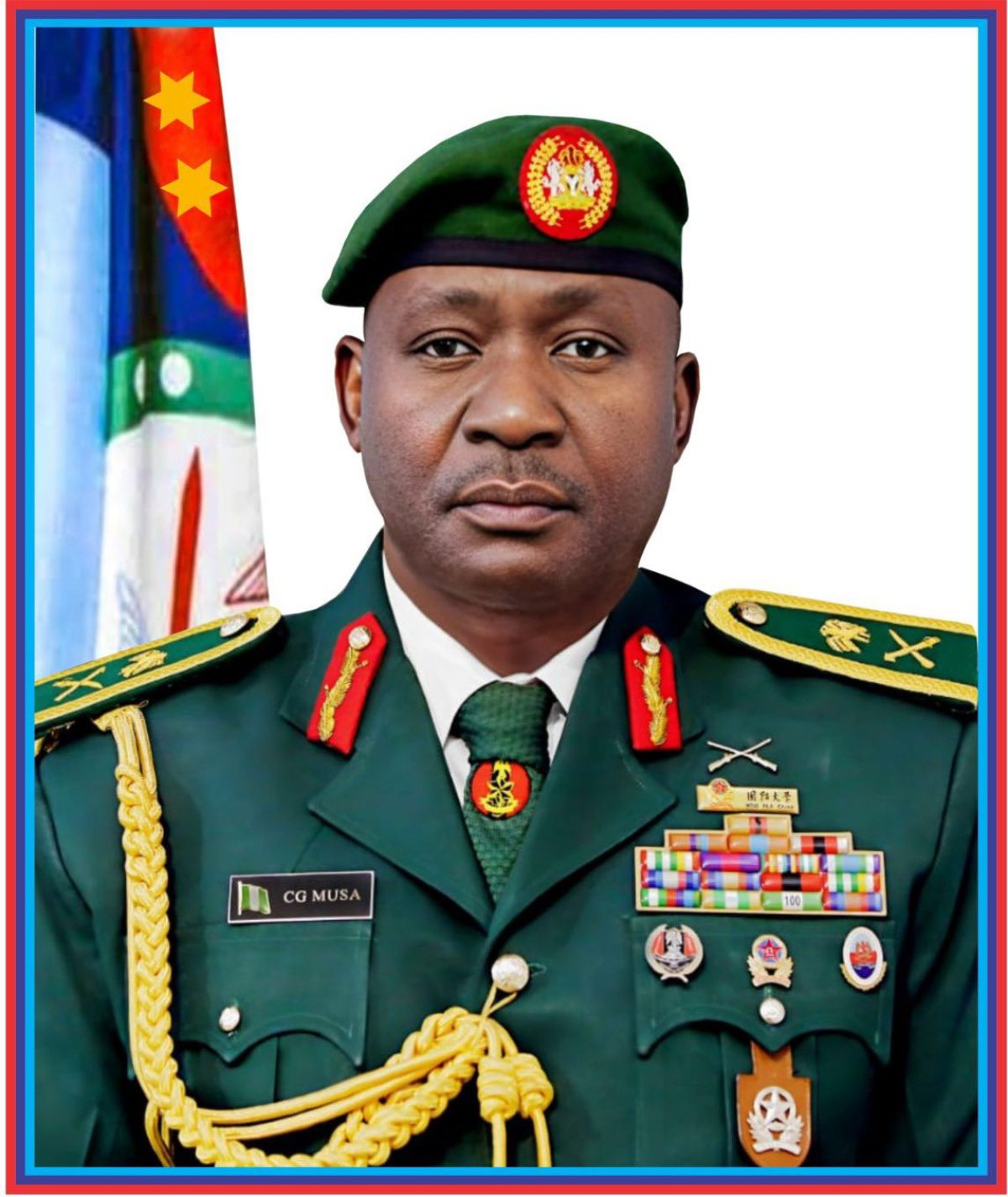Nigeria has not been policed for decades and the evidence to prove it is everywhere. Rural Nigeria and increasingly, urban Nigeria, are mot governed spaces but are continuously rampaged by terrorists, criminals, bandits, kidnappers, secessionists and insurrectionists. No one in this country is safe as even a presidential convoy has been attacked on the road under President Buhari. The one good thing happening currently is that these criminals are encircling and moving into the Nation’s capital, Abuja, and members of the ruling class are beginning to notice that they too are no longer safe. We thank God for his mercies.
Nigeria is not policed because the size of the police has not increased as the population has grown over the decades. About 150,000 out of the 350,000 police personnel in Nigeria are on VIP guard duty and most of them work on the basis of outside payments made to the organisation. The VIPs the police work for include businessmen, politicians (in or out of office) and indeed anyone with money who can pay. When you add the personnel on commercial guard duty to those legitimately guarding public officials, there are very few police officers available to carry out routine security, law and order work. It is for this reason that the army is deployed to virtually all the States in Nigeria to carry out security work that the police are not available to do. Since 1999, attempts by successive governments to significantly increase the numbers have failed due to corruption, institutional in-fighting between the Nigerian Police Force and the Police Service Commission, plus whether there is a Ministry of Police Affairs or not to join the quarrel.
The Nigeria Police, under normal circumstances, has the primary responsibility of maintaining law and order in the country. The expected norm is that that before trouble rears its head, the police would have discovered what is happening and nipped it in the bud. The police investigation department should be aware of all nefarious activities of individuals and or groups in the society and be ready to address them. The reality is that the police have a long history of institutional decline. They never recovered from the cannibalisation of its intelligence department to establish the National Security Organisation in 1976 and subsequently, the State Security Service in in 1986. If bandits and terrorists can act with impunity in so many localities for years, its precisely because that capacity for intelligence gathering and investigation has been lost for a long time.
I had the privilege of serving on the Judicial Commission of Inquiry into the clash between the Nigerian Army and the Islamic Movement in Nigeria (IMN). We heard a series of complaints of the seeming helplessness of the Nigeria Police Force, which for years simply did not police the activities of the group. For example, we received a memorandum from the Gyallesu Community in Zaria where they highlighted the refusal or inability of the police to arrest the members of the IMN, even in situations where serious cases of the breach of peace or commission of crimes, such as murder, arson and destruction of property, were committed. The police were reported to have severally sent back the complainants with the advice that they should go and defend themselves. The police in their own testimony accepted that they had not entered Gyallesu for a decade to address complaints from the community because the IMN group had political protection.
Police systems that work are based on the existence of effective local police stations that are well-equipped and resourced. That is exactly what we do not have in Nigeria. Police resources never percolates to the level of the station as virtually the entire budget is concentrated and used up in the headquarters. I have heard the former inspector general of Police and Chairman of the Police Service Commission, Solomon Arase lament on many occasions about the dysfunctionality of the Nigerian Police Force, which is not fit for purpose. He always makes the point that the Danmadami Police Reform Committee of 2006 had made extensive recommendations that would have made the police more efficient and functional. Government in its Whitepaper had accepted the key recommendations but nothing has happened in terms of their implementation almost twenty years later. The core problem has been that the role of the inspector general of Police is standards and quality control but as more operational duties are centred in the police headquarters, we cannot expect things to work efficiently. The available resources of the police are largely consumed in the office of the IGP and very little is left for operations in the states. It is because governors know this to be true that they all invest massively to fund minimal police functions in their states. The problem however is that since Oga at the top consumes the most resources, the police stations remain un-resourced.
Moving forward, the government should ensure the presence of the Nigeria Police in every community and other flash point areas for effective maintenance of law and order. The army is not trained for dealing with criminality and civil tensions, so an immediate effort is required to implement broad police reforms. In addition, with growing communal tension and violence, the police authorities should revisit the system of Nigeria Mobile Police Force Unit, as it was in yesteryears, so that the involvement of the military in the management of civil disorder would be minimised.
Currently, there is a recruitment process into the police and there are concerns that the process would again be compromised by massive corruption and inter-institutional squabbles. The police authorities should ensure that recruitment into the Force should be done on merit, suitability and character as the Nigeria Police of today contains all manner of shady characters. In line with the above, it should ensure professionalising the Nigeria Police through capacity building, procurement of crime and civil disorder management equipment and the improved welfare of ordinary police men and women.




